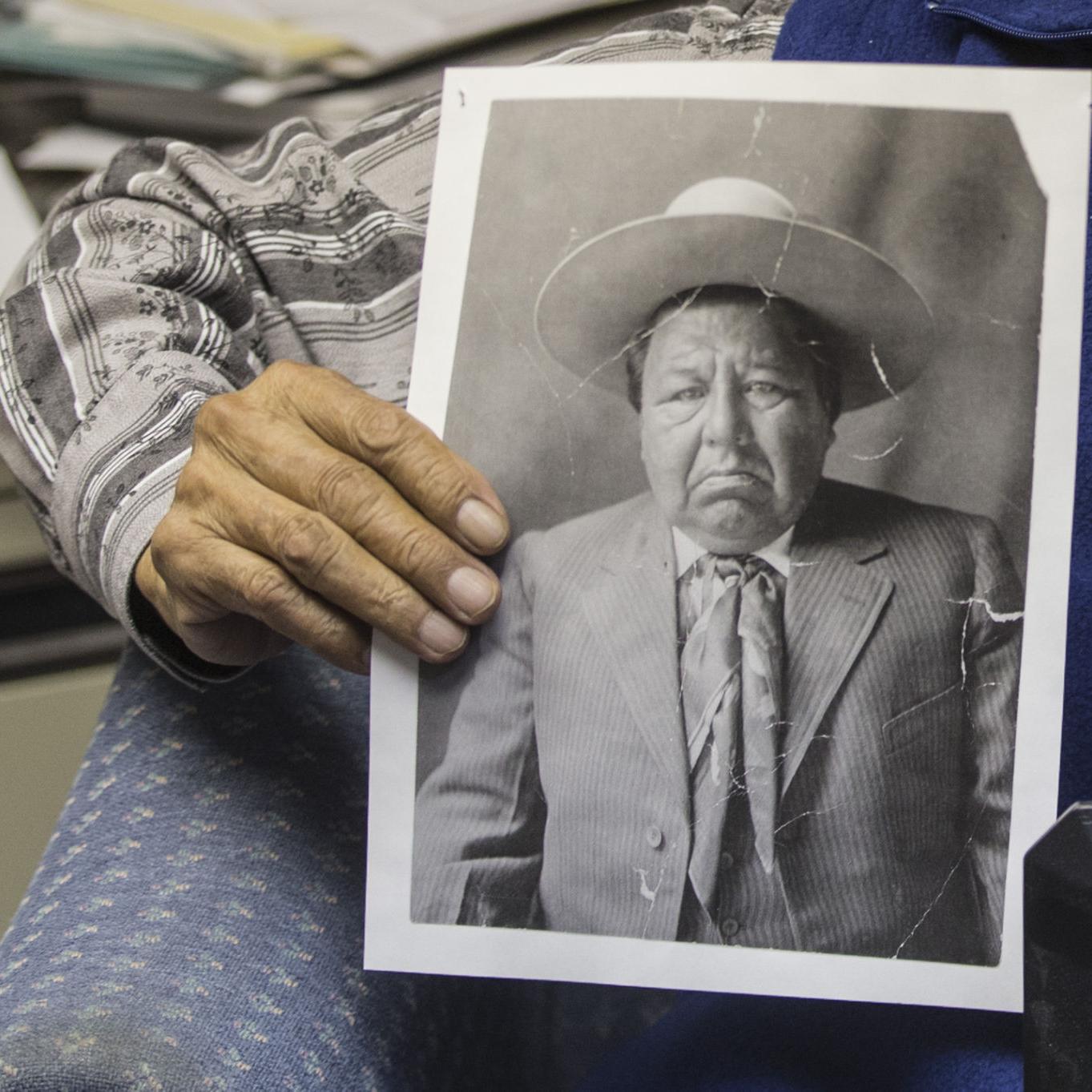
Citing its open letter of June 4 regarding the justice system's history of systematic racism the Washington State Supreme Court has reversed its 1916 decision which affirmed the conviction of Yakima tribe member Alec Towessnute for fishing in waters that had been fished by the tribe since "time immemorial". The historic methods are demonstrated in the video below. - gwc
Open letter of the Washington Supreme Court - June 4, 2020
Signed by every member of the Washington State Supreme Court:
Dear Members of the Judiciary and the Legal Community:
We are compelled by recent events to join other state supreme courts around the nation in addressing our legal community. The devaluation and degradation of black lives is not a recent event. It is a persistent and systemic injustice that predates this nation’s founding. But recent events have brought to the forefront of our collective consciousness a painful fact that is, for too many of our citizens, common knowledge: the injustices faced by black Americans are not relics of the past.
We continue to see racialized policing and the overrepresentation of black Americans in every stage of our criminal and juvenile justice systems. Our institutions remain affected by the vestiges of slavery: Jim Crow laws that were never dismantled and racist court decisions that were never disavowed.
The legal community must recognize that we all bear responsibility for this on-going injustice, and that we are capable of taking steps to address it, if only we have the courage and the will. The injustice still plaguing our country has its roots in the individual and collective actions of many, and it cannot be addressed without the individual and collective actions of us all.
As judges, we must recognize the role we have played in devaluing black lives. This very court once held that a cemetery could lawfully deny grieving black parents the right to bury their infant. We cannot undo this wrong⸺but we can recognize our ability to do better in the future. We can develop a greater awareness of our own conscious and unconscious biases in order to make just decisions in individual cases, and we can administer justice and support court rules in a way that brings greater racial justice to our system as a whole.
No comments:
Post a Comment